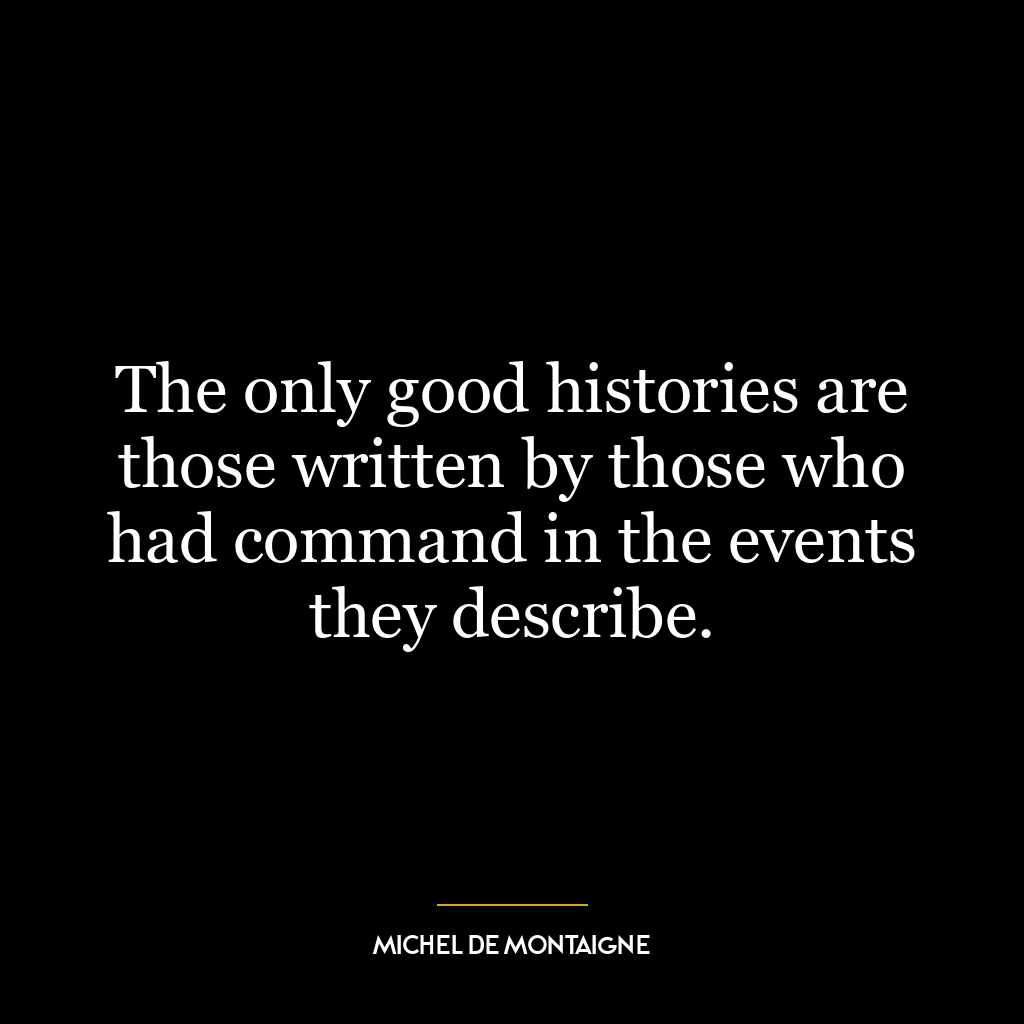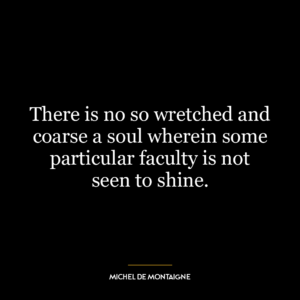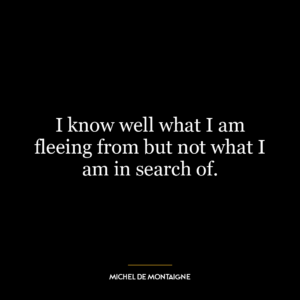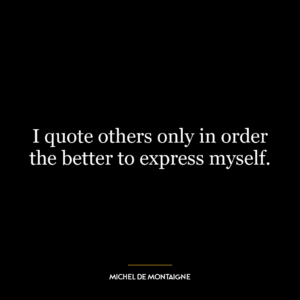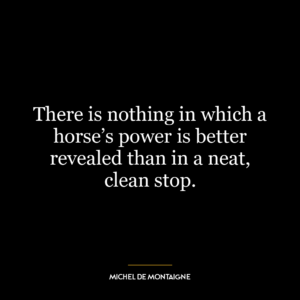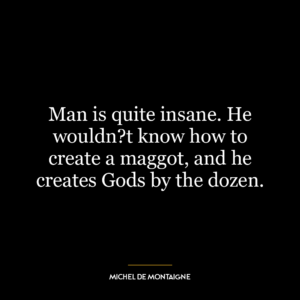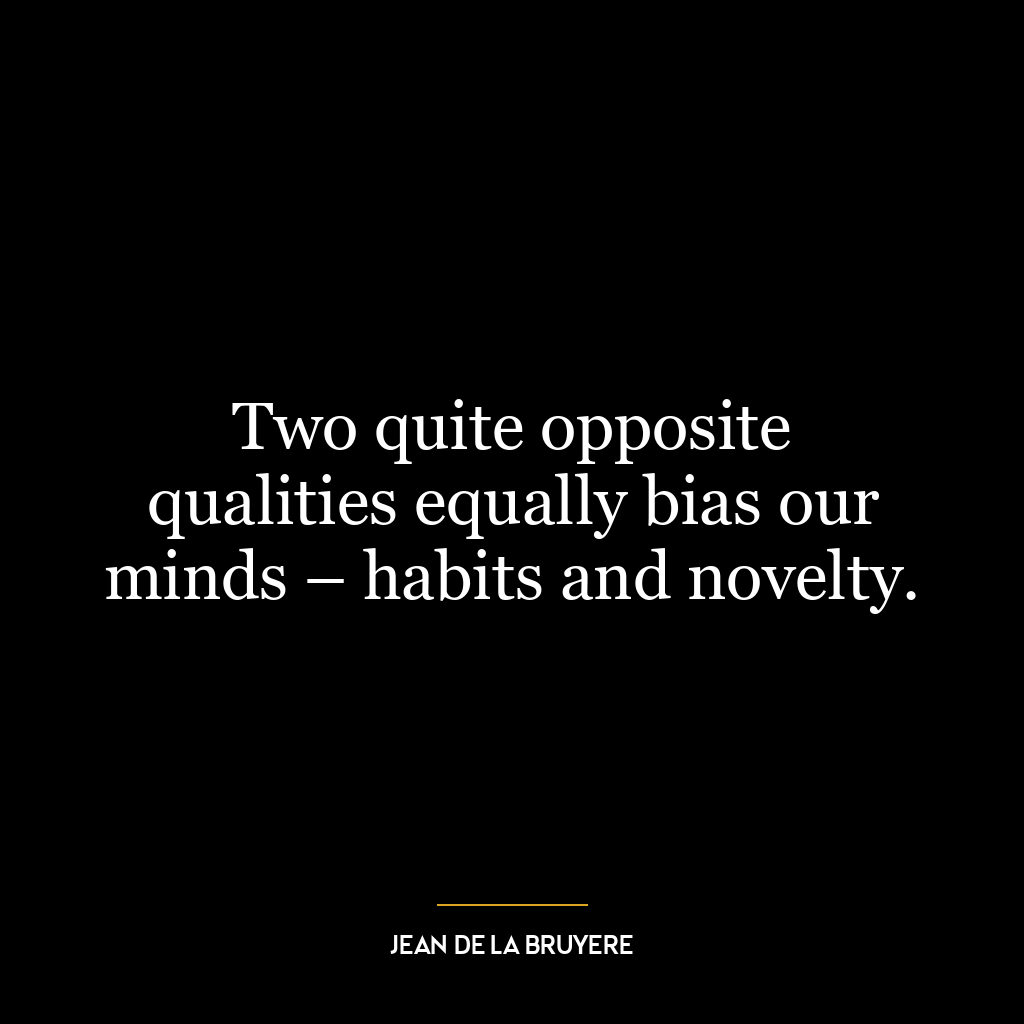The only good histories are those written by those who had command in the events they describe.
This quote suggests that the most accurate and insightful historical accounts are those written by individuals who were actively involved in the events they’re describing. The idea here is that firsthand experience provides a depth of understanding and perspective that cannot be matched by secondhand sources or detached observers. This doesn’t necessarily mean that these histories are unbiased, as everyone has their own perspective, but they offer an invaluable insight into the thoughts, motivations, and experiences of those directly involved.
Applying this concept to today’s world, we can see its relevance in various fields. For instance, autobiographies often provide us with a richer understanding of public figures than biographies because they allow us to view events from the subject’s own perspective. Similarly, in journalism, eyewitness accounts are highly valued for their directness and immediacy.
In terms of personal development, this quote underscores the importance of self-reflection and personal narratives. Just as histories written by those who had command in events provide unique insights into those events themselves; our own self-reflections on our life experiences can provide us with unique insights about ourselves – our strengths and weaknesses; our passions; what motivates us; how we react under stress etc.
Finally it also points out towards valuing lived experiences more than theoretical knowledge sometimes especially when it comes to understanding complex issues like social justice or mental health where being at receiving end gives you perspectives which no bookish knowledge can ever give you.
However one must also remember while interpreting this quote is not to undermine the value of objective analysis which comes from an outside observer who might not be influenced by personal biases or emotions related to an event while writing history about it.

